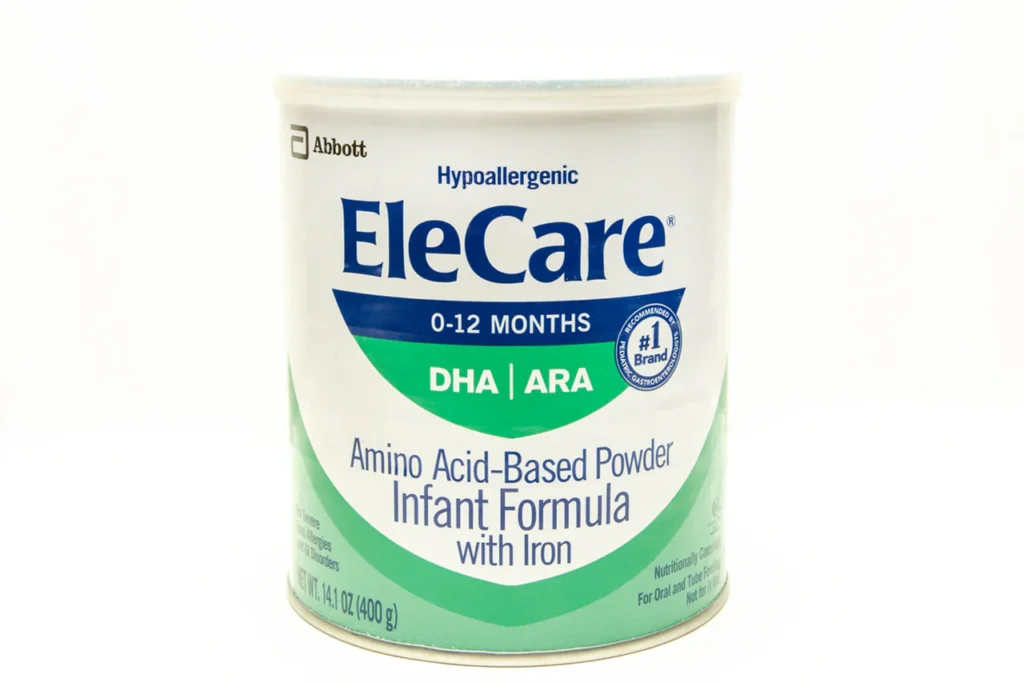If your baby is drinking formula, you might want to take a close look at this—honestly, you should be furious. Many infant formula brands are packed with added sugars, yet manufacturers aren’t required to disclose this to consumers, leaving parents in the dark about what they’re feeding their vulnerable little ones. Beyond the sugar, some formulas are riddled with alarming contaminants like arsenic, lead, and PFAS, as revealed by recent studies, posing serious risks such as neurological damage, developmental delays, and even long-term health issues like obesity or cancer. The fact that these products—marketed as safe and essential for infant nutrition—can harbor such harmful ingredients is a shocking betrayal of trust, especially when formula is often a baby’s sole source of nourishment. You’d think strict regulations would protect our youngest and most defenseless, but the reality is far murkier, and it’s enough to make any parent’s blood boil.
“Dangerous Contaminants Found in Some Baby Formulas—Here’s What To Do”
The article highlights worries stemming from a Consumer Reports (CR) study that examined 41 infant formula products and detected contaminants such as arsenic, lead, PFAS, BPA, and acrylamide at different concentrations. These substances, which may occur naturally in food or result from manufacturing processes, present health dangers, especially for infants dependent entirely on formula. Heavy metals like arsenic and lead are connected to neurological problems, including learning difficulties and reduced IQ, whereas PFAS and BPA are tied to developmental setbacks, reproductive issues, and hormonal imbalances.
The report finds concerning levels in:
- Dr. Brown’s SoothePro
- EleCare Hypoallergenic
- Enfamil Nutramigen
- Enfamil ProSobee Simply Plant-Based
- Kabrita Goat Milk-Based
- PurAmino Hypoallergenic
- Similac Alimentum
- Similac NeoSure
- Similac Total Comfort
- Up&Up (Target) Soy


The Majority of Infant Formula Brands Contain Added Sugars, Yet Manufacturers Aren’t Obligated to Inform Consumers
The study suggests that early exposure to corn-syrup solids may shape taste preferences and eating behaviors, potentially increasing obesity risk by fostering a preference for sweet foods and rejection of bitter ones. Possible mechanisms include alterations in the gut microbiome and neurochemical responses to sugar.

Leave a Reply